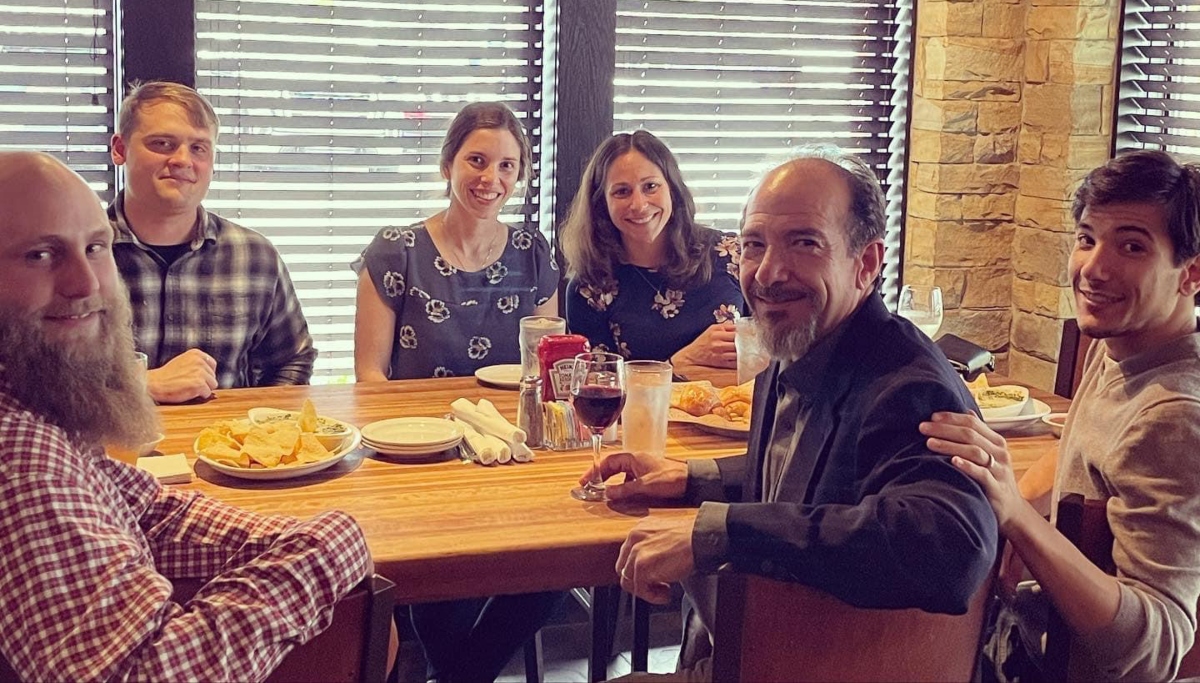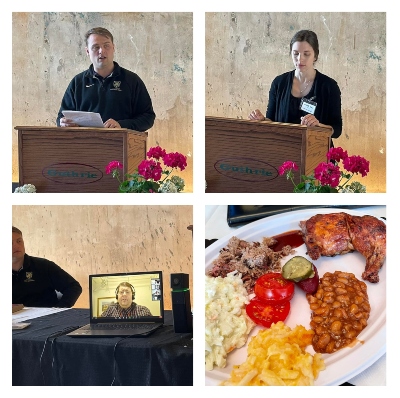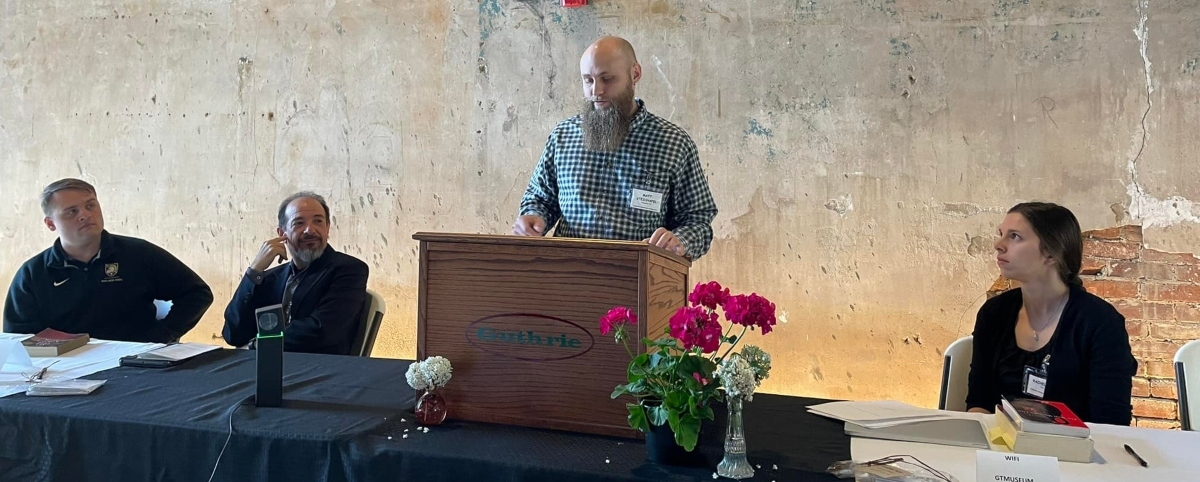
Congratulations to our graduating seniors and graduate students! All of you merit praise for having experienced and triumphed during a novel and challenging period, one in which the pandemic altered the ways you studied, attended class, and interacted with your teachers and fellow students. The situation has ranged from the tragic (millions of lives have been lost) to the inconvenient (wearing a mask), and has changed people’s perceptions of what the ebb and flow of life brings. My sense is that for your generation the pandemic will be a double edged sword, one that wounds but that also pares away conformity and leads to new ways of dealing with existence. Studying literature gives you a tremendous advantage. Great literature provides a lens into how people from sundry backgrounds in diverse times negotiated their relationships with others, with their environments, and with themselves. Literature is an art form that encourages the informed reader to think and feel, to consider the relationship between thought and emotion, and how that relationship manifests itself in the present and throughout time. In The Origins of Others (2017) Toni Morrison asks, “What motivates the human tendency to construct Others?” She notes that answers to this question are complex and manifold, but that literature can provide “a controlled wilderness, an opportunity to be and to become the Other. The stranger. With sympathy, clarity, and the risk of self-examination.” The vital word here is “risk,” the perilous, unsteady, and hopefully illuminating space ambitious writers—and critics—assume when entering the dialogue. The result is often mixed, but instructive and compelling. In 1953 Ralph Ellison pointed to nineteenth century American writers, including Mark Twain and Herman Melville, whose depictions of non-white characters are frequently criticized today, as examples of incisive, flawed writers who created Black characters to explore questions concerning democracy. Similarly, Morrison claims that William Faulkner sometimes employed toxic stereotypes, but that he also understood white supremacy “better than almost any other American writer”: “In Absalom, Absalom, incest is less of a taboo for an upper-class Southern family than acknowledging the one drop of black blood that would clearly soil the family line. Rather than lose its ‘whiteness’ (once again), the family chooses murder.” As students of literature who, at relatively young ages, have been challenged by the unexpected, you’re equipped with a wealth of perspectives, new ways of seeing, that you can bring to issues that may seem intractable, what in The Liberal Imagination (1941), a book published during World War II, Lionel Trilling called “the incalcitrant stuff of life.” I wish you all great success!
I’m also extremely proud of our remarkable faculty, who despite the challenges, continued to teach, publish, and move the department and the university forward. As I’ve mentioned in previous communications, our faculty continues to produce books and articles, and we took the lead in designing the new Cornerstone program, which promises to put the humanities, especially literature, back at the heart of undergraduate education. I’m also delighted that Drs. Baker (“Ulysses at 100”) and Gregory (“Milton”) will be moderating seminars at the twenty-fifth annual conference of the Association of Literary Scholars, Critics, and Writers at Yale University, October 20-23. A healthy handful of our faculty and graduate students plan to participate. Next year, two of our undergraduate majors — Nicole Cicippio and Noelia Gonzalez — will have internships with the ALSCW (under Ryan Wilson’s expert supervision), and will attend the conference.


All my very best,
Ernest Suarez
David M. O'Connell Professor of English
Executive Director, Association of Literary Scholars, Critics, and Writers
Chair, Department of English
